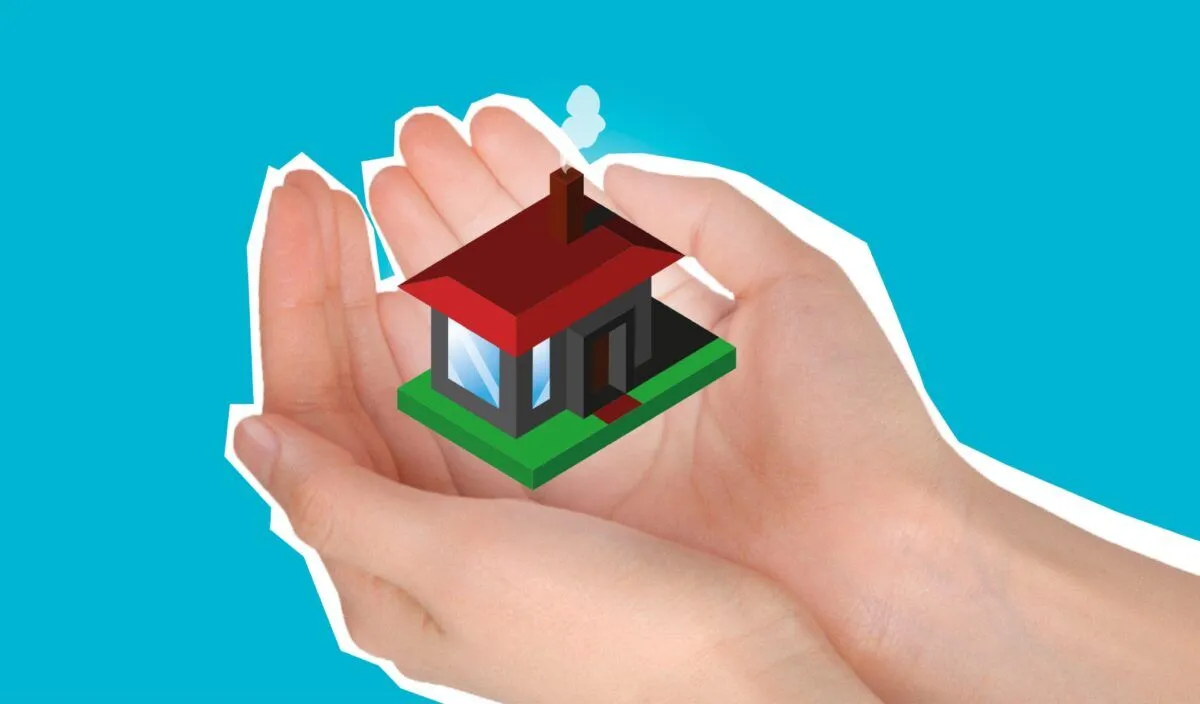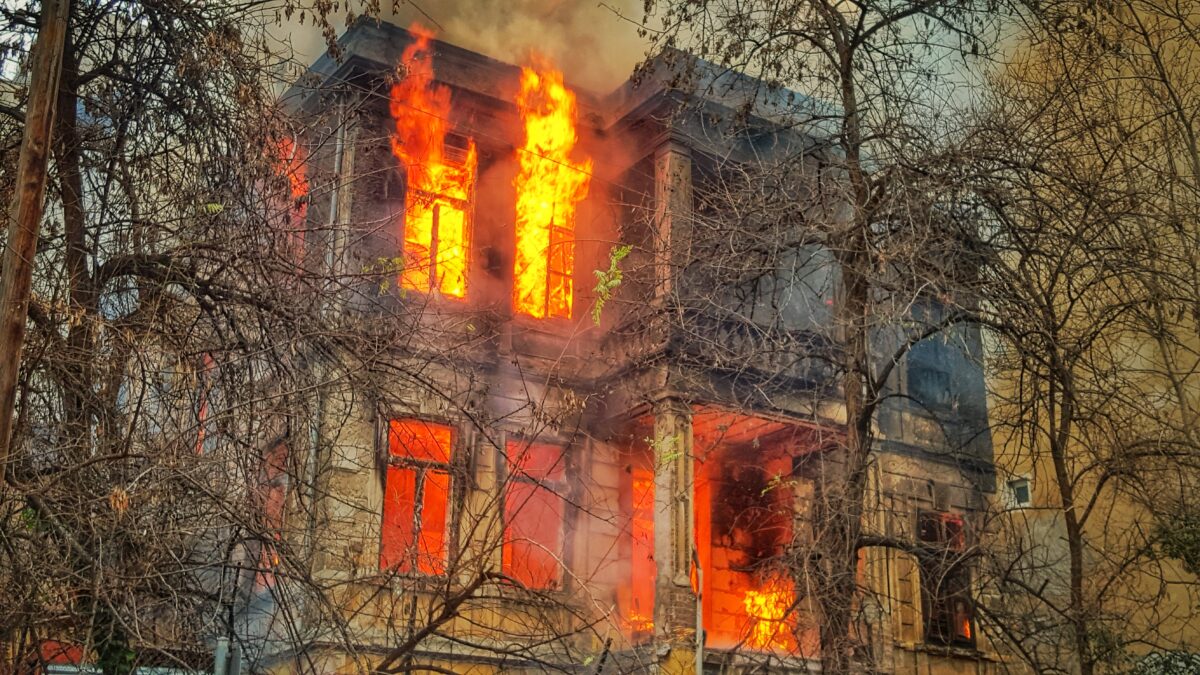Will My Property Damage Claim Be Covered by Insurance?

This is the most common question that we get at Lightning Restoration. The truth of the matter is that we wish that we had the Magic 8-Ball that would give us that answer every time, but we don’t. There are a lot of factors that come into play when a carrier is deciding whether to cover your property damage claim.

